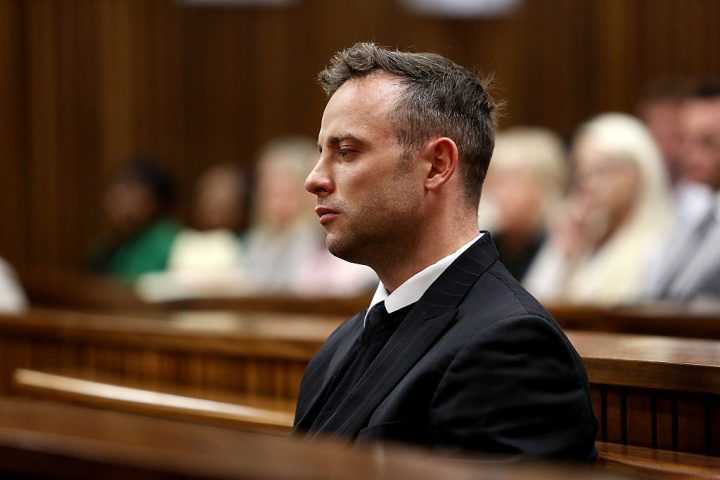The murderer Oscar Pistorius was released from prison on parole today, more than a decade after shooting his girlfriend, Reeva Steenkamp. He killed her in an horrific act of femicide: the murder of females by males because they are female.
Because such crimes are so normalised and common, criminal justice systems around the world tend to excuse these particular men for committing the most serious crimes against women.
Already a subscriber? Log in
Subscribe for just $2 a week
Try a month of The Spectator Australia absolutely free and without commitment. Not only that but – if you choose to continue – you’ll pay just $2 a week for your first year.
- Unlimited access to spectator.com.au and app
- The weekly edition on the Spectator Australia app
- Spectator podcasts and newsletters
- Full access to spectator.co.uk
Or




















Comments
Don't miss out
Join the conversation with other Spectator Australia readers. Subscribe to leave a comment.
SUBSCRIBEAlready a subscriber? Log in